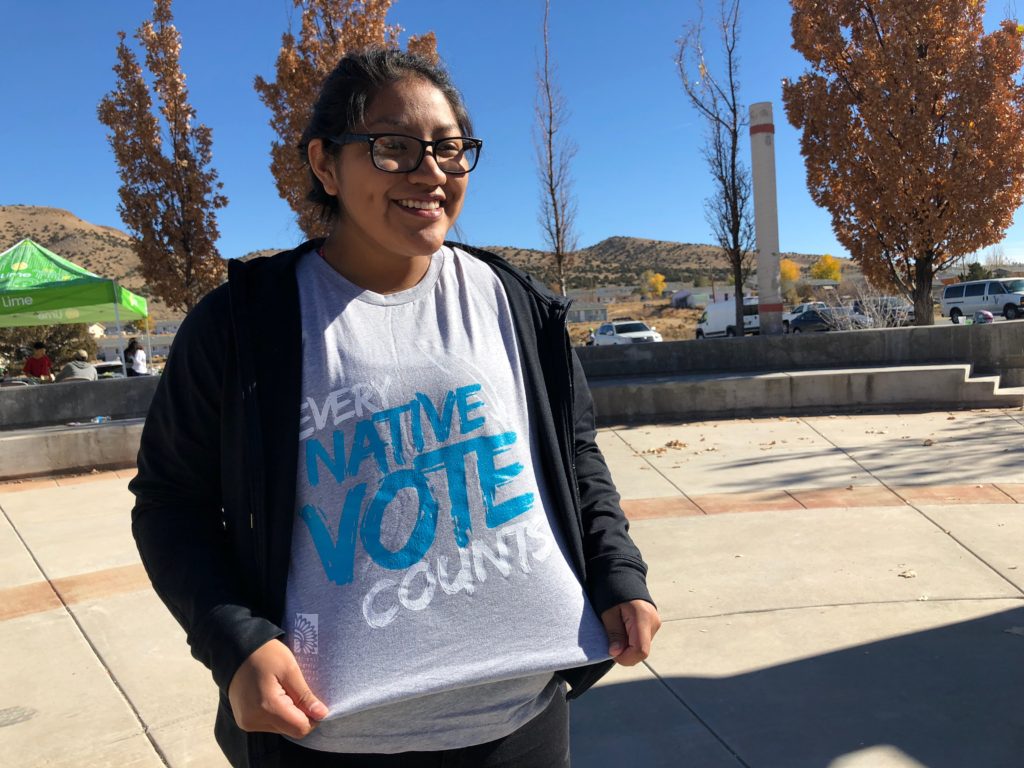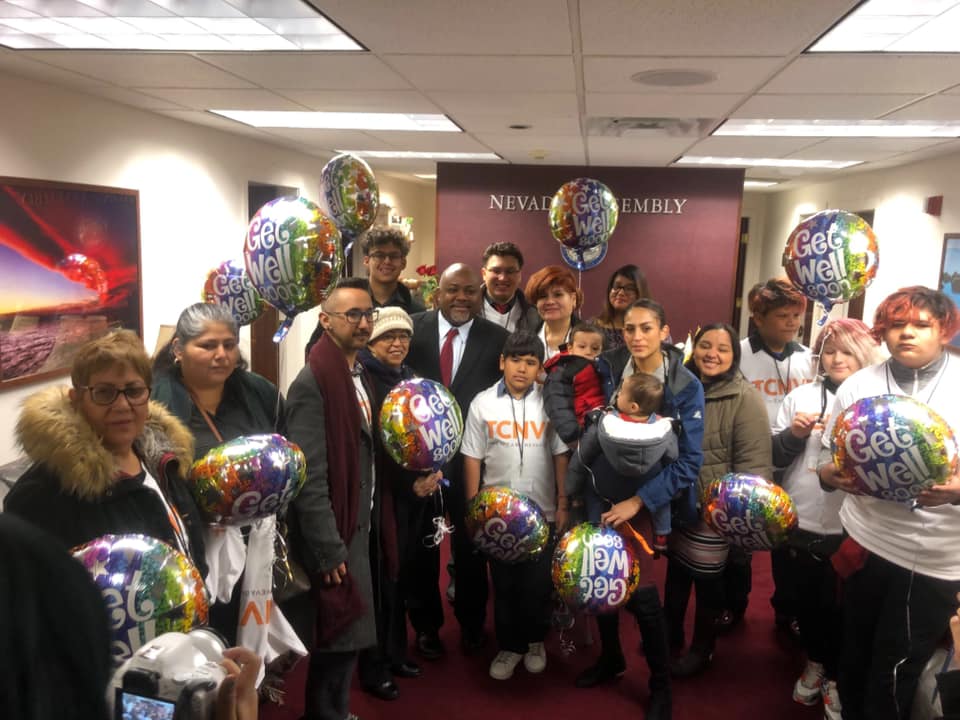Maine sees big wins in 2019
The 2019 Maine legislative session adjourned on June 20 with several wins for working people—including on health care, civil rights, incomes, paid leave, reproductive rights, and democracy reform.
Medicaid Expansion
Conservatives have denied Mainers access to Medicaid expansion for years, even over the wishes of voters. When Governor Mills took office in 2019, she promised that fully funding and implementing expansion would be her first action. Together with progressive legislators, many of whom had been fighting for Medicaid expansion for years, Governor Mills delivered on her promise and fully funded and implemented the measure. Nearly 70,000 Mainers will now gain health care access.
Equal Pay for Equal Work
Although blatant gender discrimination is technically against the law in Maine, there are still many less obvious practices that continue to perpetuate the gender and racial wage gap. Senator Cathy Breen and Representative Mark Bryant championed legislation to level the playing field for all employees when negotiating salaries. The new law prevents employers from requiring applicants to disclose their previous salaries. That way, a new salary offer is not based on salary history, but instead on experience, skills, and the job role. The measure ensures that instances of inequitable pay do not follow employees for their entire careers, which is especially important for women, people of color, and others who are typically underpaid.
Conversion Therapy Banned
Maine’s previous governor vetoed legislation last year to ban “conversion therapy,” a discredited and harmful practice. But sponsor Rep. Ryan Fecteau, now Assistant House Majority Leader, came back this year to fight again. The bill prevents licensed health care professionals from offering services that claim to change a client’s sexual orientation or gender identity to minors. This dangerous practice causes adverse effects in children, including depression, anxiety and drug use. Conversion therapy is already banned in many states and nearly all professional licensing organizations have condemned the practice.
Paid Time Off
A long-time champion for workers, Senator Rebecca Millett continued to fight for paid sick leave after several years of the legislation falling short in divided legislatures. Although the bill did not pass in its original form, the final version will grant paid time off for any reason to 85% of Maine’s private sector workers. Before this bill, 139,000 Maine workers have had no access to paid time off at all, and another 137,000 could not take time for any reason other than illness.
Automatic Voter Registration (AVR)
On the final day of session, Governor Mills signed Speaker Sara Gideon’s bill to bring automatic voter registration to Maine. Eligible voters who visit the Bureau of Motor Vehicles will soon be registered to vote, or have their voting addresses updated, by default, unless they opt-out. And new agencies may join the system later on to expand AVR’s impact. This is an important step for Maine’s democracy—lowering a systemic barrier to the ballot box and modernizing outdated government processes.
Prescription Drugs
Senate President Troy Jackson, Assistant Majority Leader Senator Eloise Vitelli, and Senator Heather Sanborn have each sponsored parts of a larger package of bills aimed at lowering the prohibitive cost of prescription drugs. Legislation that ultimately passed will create a prescription drug affordability board, which would oversee and set targets for prescription drug costs for public entities; initiate a wholesale importation program to allow importation from Canada; provide more information and transparency about drug pricing all along the supply chain, and reduce the influence of pharmacy benefit managers to drive up prescription costs.
Reproductive Rights
This session saw huge gains for reproductive health access in Maine. Speaker Gideon passed a bill to allow Advanced Practice Clinicians to perform abortions, meaning that many rural women can have their local providers perform the procedure instead of traveling long distances and receive the same quality and safety. Representative Jay McCreight, another of Maine’s strongest reproductive rights champions, passed a bill to require insurance, including Medicaid, to cover abortion care. Representative Maureen “Mo” Terry’s passed a bill to allow over-the-counter prescriptions in vending machines, so now women on college campuses can have access to emergency contraception outside of traditional pharmacy hours.
Earned Income Tax Credit and Closing Corporate Tax Loopholes
Representative Ryan Tipping’s bill to raise the state’s Earned Income Tax Credit passed in the final hours of session, giving approximately 100,000 low-income households in Maine a much-needed boost. The bill more than doubles the current rate and achieves this by closing loopholes on large out-of-state corporations.
Student Debt Bill of Rights
Senator Eloise Vitelli passed a bill to help level the playing field for student loan borrowers. The bill establishes standards to prevent student loan servicing companies from misleading borrowers and creates the “Student Loan Ombudsman” to help borrowers navigate problems with servicers.



